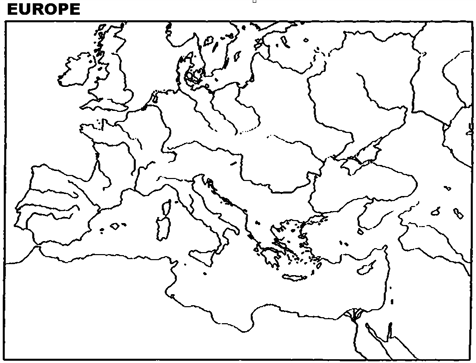Exam 13: The Renaissance Transition to the Modern Age
Exam 13: The Renaissance Transition to the Modern Age88 Questions
Exam 14: The Reformation the Shattering of Christian Unity84 Questions
Exam 15: European Expansion Economic and Social Transformations88 Questions
Exam 16: The Rise of Sovereignty Transition to the Modern State84 Questions
Exam 17: The Scientific Revolution the Universe Seen As a Mechanism81 Questions
Exam 18: The Age of Enlightenment Reason and Reform89 Questions
Exam 19: The French Revolution the Affirmation of Liberty and Equality118 Questions
Exam 20: The Industrial Revolution the Great Transformation77 Questions
Exam 21: Thought and Culture in the Early Nineteenth Century105 Questions
Exam 22: Revolution and Counterrevolution 1815-184879 Questions
Exam 23: Thought and Culture in the Mid-Nineteenth Century Realism and Social Criticism81 Questions
Exam 24: The Surge of Nationalism From Liberal to Extreme Nationalism77 Questions
Exam 25: The Industrial West Responses to Modernization91 Questions
Exam 26: Imperialism Western Global Dominance92 Questions
Exam 27: Modern Consciousness New Views of Nature Human Nature and the Arts80 Questions
Exam 28: World War I the West in Despair87 Questions
Exam 29: An Era of Totalitarianism112 Questions
Exam 30: Thought and Culture in an Era of World Wars and Totalitarianism75 Questions
Exam 31: World War Ii Western Civilization in the Balance85 Questions
Exam 32: Europe After World War Ii Recovery and Realignment 1945-198987 Questions
Exam 33: The Troubled Present85 Questions
Select questions type
Renaissance writers and artists seemed to be conscious of the novelty of their age by
(Multiple Choice)
4.9/5  (34)
(34)
Instructions: Please use this outline map of Europe to answer the question(s).
 Locate and label the country in which the following individuals lived and worked: Erasmus, Sir Thomas More, Montaigne, Rabelais, Jiménez, Shakespeare, Boccaccio, Machiavelli, Gutenberg, and Petrarch.
Locate and label the country in which the following individuals lived and worked: Erasmus, Sir Thomas More, Montaigne, Rabelais, Jiménez, Shakespeare, Boccaccio, Machiavelli, Gutenberg, and Petrarch.
(Not Answered)
This question doesn't have any answer yet
Key Terms
Instructions: Please define the following key terms. Show Who? What? Where? When? Why Important?
magus
(Short Answer)
4.9/5  (40)
(40)
The most characteristic intellectual movement of the Renaissance was
(Multiple Choice)
4.9/5  (41)
(41)
Key Terms
Instructions: Please define the following key terms. Show Who? What? Where? When? Why Important?
heterodox
(Essay)
4.9/5  (32)
(32)
The humanist credited with making Renaissance humanism an international movement was
(Multiple Choice)
4.9/5  (31)
(31)
Showing 81 - 88 of 88
Filters
- Essay(0)
- Multiple Choice(0)
- Short Answer(0)
- True False(0)
- Matching(0)